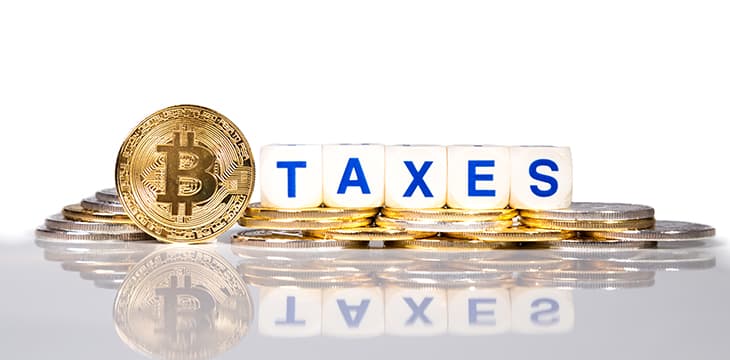|
Getting your Trinity Audio player ready...
|
Lawmakers in Portugal have turned their sights on digital assets with a new tax regime being proposed against the asset class in the country’s new budget. The Assembleia da Republica released a budget draft that proposed a 28% income tax on digital assets for traders in the country.
The draft provided that the income tax will only apply to digital assets that have been held for less than 12 months. Gains from the trade of digital currencies held for longer than one year will be exempted from the proposed tax regime, while a 4% rate will be charged on the commissions typically received by industry intermediaries.
The proposed double-digit tax plans have left a bad taste in the mouth of enthusiasts as the country had a reputation for being one of the jurisdictions in Europe with pro-digital asset legislation. However, Finance Minister Fernando Medina has hinted that the script was about to be flipped to prevent the use of the asset class as a means to evade taxation in Portugal.
The budget draft is expected to be voted on by members of Parliament in the following weeks, with analysts pointing out that the budget will face little to no resistance in the unicameral legislature. The country’s Socialist Party controls most of the Assembly, and members are expected to vote in unison to pass the budget.
This is not the first time a bill for digital asset taxation is coming before the country’s Parliament, as minority political parties presented two proposals. Left-wing parties Bloco de Esquerda and Livre saw their bid for taxation rejected back in May, with Livre advocating for gains above 5% to be taxed.
“Authorities here understand that if any new taxation proves to be particularly aggressive, important participants in this space – including high net worth individuals or companies that create several jobs – could be incentivized to search for other places as their crypto hub. That’s an outcome I believe every party is willing to avoid,” said Eduardo Nunes, a digital asset investor.
Digital assets paradise?
The country has attracted digital asset operators with its lax legislation and absence of taxation. The main regulator for the asset class is the Banco de Portugal, the nation’s central bank that only exercises limited powers to prevent money laundering and terrorist financing.
A public advisory issued by the central bank warned investors that there is “no legal protection of any kind guaranteeing the rights of redemption for a consumer using virtual assets to make payments,” giving service providers a wide latitude to operate as they deem fit.
With the coming into operation of the new tax regime, Portugal’s days of being a digital currency paradise could be a thing of the past as administrators fire the first warning shots.
Watch: The BSV Global Blockchain Convention presentation, New Technologies, New Futures for Nations

 02-22-2026
02-22-2026 




